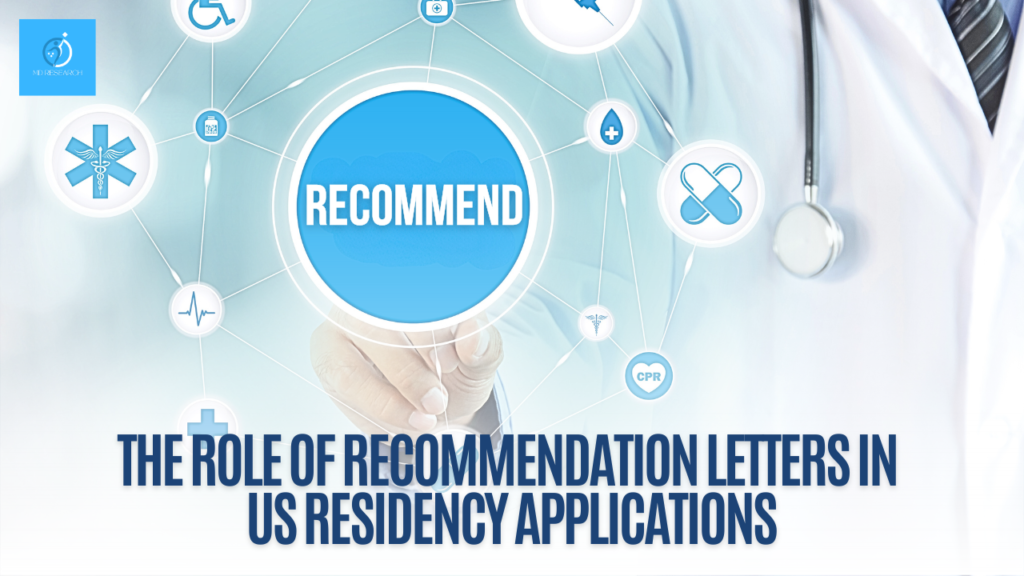
For international medical graduates (IMGs), securing a residency position in the United States is challenging and often uncertain. One crucial step in this process that can significantly enhance an IMG’s chances of success is participating in a clinical observership. The American Medical Association (AMA) emphasizes the importance of these programs, which can substantially improve an IMG’s prospects in the Residency Match Process. Let’s explore these observerships’ numerous benefits and how they can pave the way for a successful medical career in the U.S.
Immersing in U.S. Medical Culture
One of the primary benefits of an observership is its opportunity to immerse oneself in the U.S. medical culture. This experience is invaluable for understanding the nuances of patient care, medical practices, and professional interactions unique to the U.S. healthcare system. By observing how healthcare professionals communicate with patients, collaborate with colleagues, and navigate the complexities of the healthcare environment, IMGs gain insights essential for adapting to their future roles.
Gaining Proficiency in Electronic Medical Record Systems
In today’s healthcare landscape, proficiency with electronic medical record (EMR) systems is indispensable. Observerships offer hands-on experience with these systems, ensuring that IMGs become adept at managing patient information digitally. This skill is highly valued in U.S. medical facilities, as it enhances patient care documentation and communication efficiency and accuracy.
Collaborating with Multidisciplinary Care Teams
Another significant advantage of observerships is working alongside a multidisciplinary care team. This experience allows IMGs to understand the collaborative nature of U.S. healthcare, where effective communication and teamwork are crucial for implementing patient care plans. By participating in team meetings, case discussions, and patient rounds, IMGs learn how to contribute to a cohesive care strategy, a vital component of residency training.
Receiving Constructive Performance Reviews
Performance reviews during observerships provide constructive feedback, helping IMGs identify their strengths and areas for improvement. This process is instrumental in personal and professional growth, ensuring IMGs are better prepared for residency challenges. Constructive feedback helps IMGs refine their clinical skills, improve their professional demeanor, and enhance their overall readiness for residency.
Engaging in Social and Cultural Experiences
Observerships often include opportunities for social events and cultural experiences with local groups. This aspect helps IMGs integrate into the community, enhancing their cultural competence and expanding their social networks. Participating in cultural activities and social gatherings fosters a sense of belonging and ease in a new environment, essential for personal well-being and professional success.
Enhancing English Proficiency
Language proficiency is critical in providing quality patient care. Observerships often include opportunities to take language courses, which help IMGs improve their English communication skills. Better language proficiency leads to smoother interactions with patients and colleagues, ensuring that IMGs can effectively convey their medical knowledge and understanding.
Refining Clinical Skills
Observerships provide a platform to hone various clinical skills. From improving history-taking and note-taking abilities to participating in daily rounds and discussing diagnoses, these programs offer comprehensive clinical exposure. IMGs can observe physical exams, interpret basic lab results, and attend lectures, ensuring they are well-prepared for a residency program’s academic and practical demands.
Boosting Residency Applications
One of the standout features of observerships is the significant boost they give to residency applications. IMGs can secure strong letters of recommendation from U.S. physicians, participate in research studies or reports, and even engage in mock interview opportunities. These experiences and endorsements are invaluable in the highly competitive residency application process, showcasing the IMG’s dedication, competence, and readiness for a residency position.
Participating in Educational Activities
Observerships are not just about observing; they are also about active learning. IMGs can attend lectures, participate in discussions about patient care, and gain insights into the latest medical advancements. This active involvement ensures that IMGs stay abreast of current medical practices and trends, further enhancing their knowledge and skills.
Conclusion
The value of clinical observerships for international medical graduates cannot be overstated. These programs offer a comprehensive introduction to the U.S. healthcare system, refine essential medical skills, and significantly enhance residency applications. By participating in observerships, IMGs can improve their chances of matching with their preferred specialties and embarking on a successful medical career in the United States.
If you are an IMG looking to enhance your residency application and acclimate to the U.S. medical environment, consider exploring observership opportunities. They are a crucial step toward achieving your dream of practicing medicine in the United States, providing the experience, skills, and confidence needed to excel in your medical career.
